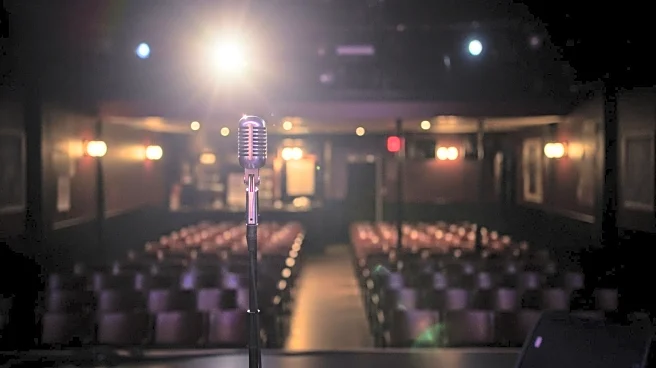What's Happening?
Nectar's, a renowned music venue in Burlington, Vermont, has closed its doors after 50 years of operation. Founded by Greek immigrant Nectar Rorris in 1975, the venue became famous for hosting the band Phish during their early years, providing them a platform to experiment and grow. Despite efforts to keep the venue open, Nectar's announced its permanent closure in June, citing challenges in downtown Burlington and the local music scene. The closure has prompted an outpouring of tributes from musicians and fans who cherished the venue's role in fostering a diverse community of artists.
Why It's Important?
The closure of Nectar's represents a significant loss for the local music community and the broader cultural landscape of Burlington. As a venue that supported emerging artists and hosted notable acts like Grace Potter and B.B. King, its absence leaves a gap in the local entertainment scene. The venue's legacy as a launching pad for Phish and other artists underscores its importance in the music industry. The closure highlights the challenges faced by live music venues in maintaining operations amid rising costs and changing urban environments.
What's Next?
The future of the Nectar's building remains uncertain, with no clear plans for its next use. The closure prompts questions about the sustainability of live music venues in small urban areas, as stakeholders consider how to preserve cultural landmarks while adapting to economic pressures. The local community may seek alternative spaces to continue the tradition of live music and support emerging artists.
Beyond the Headlines
Nectar's closure raises broader questions about the cultural and economic factors affecting live music venues nationwide. As urban development impacts foot traffic and operational costs rise, venues must innovate to survive. The loss of such spaces can affect local economies and cultural heritage, prompting discussions on how to support the arts in changing environments.










